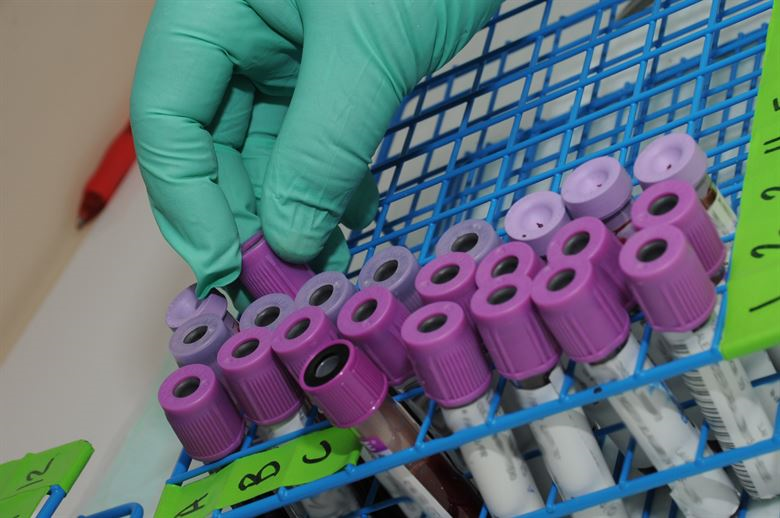Genetic and genomic testing is becoming increasingly integrated into healthcare, with GPs and other specialists ordering half of all tests
There has been a 73% increase in molecular tests requested in Australia over the past five and a half years, a survey has revealed.
The Royal College of Pathologists of Australasia (RCPA) released the research in Melbourne today at it’s Pathology Update conference.
“The new findings reveal that genetic and genomic testing is becoming increasingly integrated into healthcare,” project lead Dr Anja Ravine, a genetic pathologist, said.
The analysis was conducted on behalf of the Department of Health and included the data from Australian laboratories known to have offered genetic or genomic tests for medical purposes during the 2016-17 financial year.
Despite participation being voluntary, over 95% of laboratories provided their data for analysis.
GPs were among some of the most frequent physicians to request such tests, alongside obstetricians, fertility and fetal medicine specialists. These practitioners combined were responsible for ordering half of all genetic and genomic tests in the last year.
The RCPA has performed surveys previously for the government in 2006 and 2011.
More than half of testing was for the diagnosis of constitutional (heritable) genetic conditions. Cancer was also a frequent test, making up 12% of all requests over the year.
Doctors were also frequently testing relatives for familial gene variants, therapy selection, leukaemia, and transplant monitoring, with a substantial proportion of all genetic and genomic tests are being performed by the private sector.
The testing stocktake also revealed 308,000 newborn bloodspot screening tests were performed, 147,000 maternal serum screening tests, and 67,000 biochemical genetic diagnostic tests.
The findings also showed substantial changes to funding arrangements for genetic and genomic tests. Medicare subsidised almost half of any tests run within-state during the 2016-17 financial year.
This is an increase from 2011, when only 35% of the fee of tests were government-subsidised.
This change in subsidy was reflective of an increase in requests for tests with longstanding MBS item numbers, rather than resulting from the addition of new items to the MBS since the previous survey.


